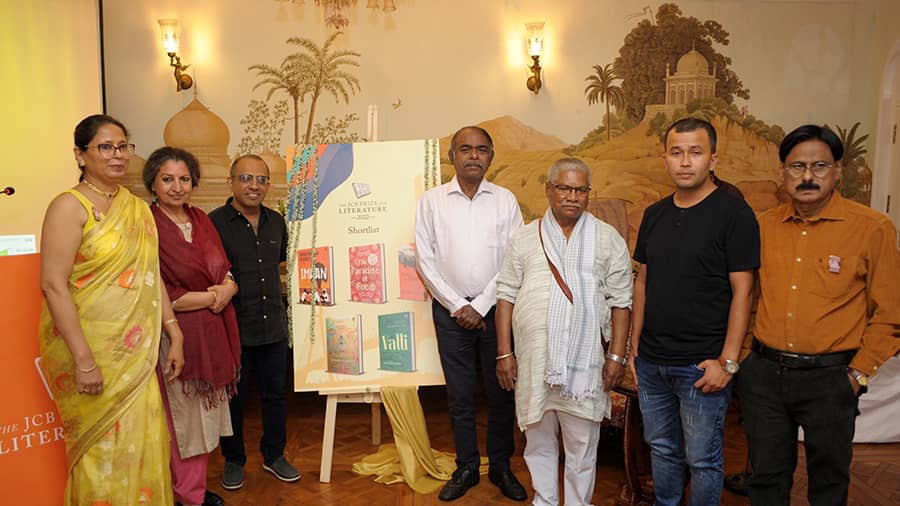The stories of a boy born in jail, an orphaned child from a middle-class Muslim joint family, a young woman whose parents had eloped to Wayanad to be together, a man who loses his childhood friend to a landslide and a depressed 80-year-old who had been witness to the Partition have made it to the JCB Prize for Literature 2022 shortlist, which was unveiled on October 21.
Writers, translators, publishers and special guests congregated at Glenburn Penthouse in Kolkata for the announcement of the nominations for the prize instituted by the JCB Foundation.
‘’The fact that in the fifth year of the JCB Prize for Literature we have the most diverse shortlist yet fills us with hope. This is a list that brings together the many Indias across time and geography. This is truly representative of the spectrum of languages, authors and publishers that make up our industry, but most of all it represents the quality of excellent writing that India has to offer,” said Mita Kapur, literary director, The JCB Prize for Literature, in a video message sent for the occasion.
The shortlist:
Imaan by Manoranjan Byapari
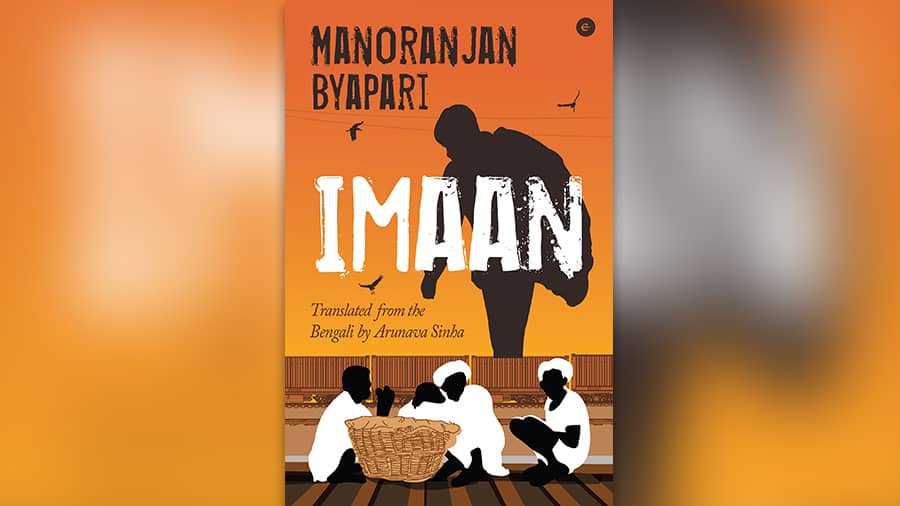
JCB
Manoranjan Byapari’s novel translated from Bengali by Arunava Sinha and published by Eka revolves around the life of Imaan, whose name means consciousness. Imaan has spent most of his time in prison, ever since his mother was sentenced for murder. When he is released two decades later, the free world traps him and he looks for ways to go back to his old shelter — the prison.
The Paradise of Food by Khalid Jawed
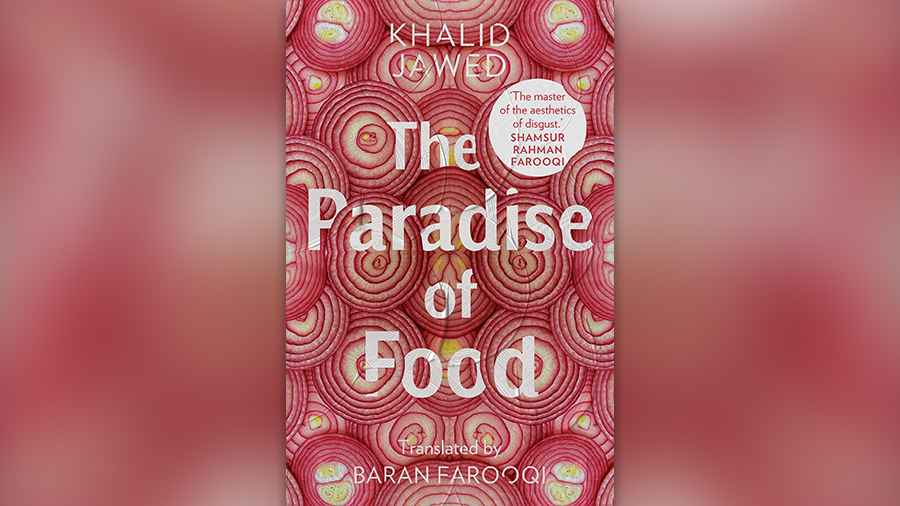
JCB
Translated for the first time from Urdu by Baran Farooqi and published by Juggernaut, the book follows the narrator’s attainment of maturity and journey from boyhood to old age in a middle-class Muslim family. The storyline also brilliantly picks up on the socio-political aspects of the world around the narrator.
Valli by Sheela Tomy
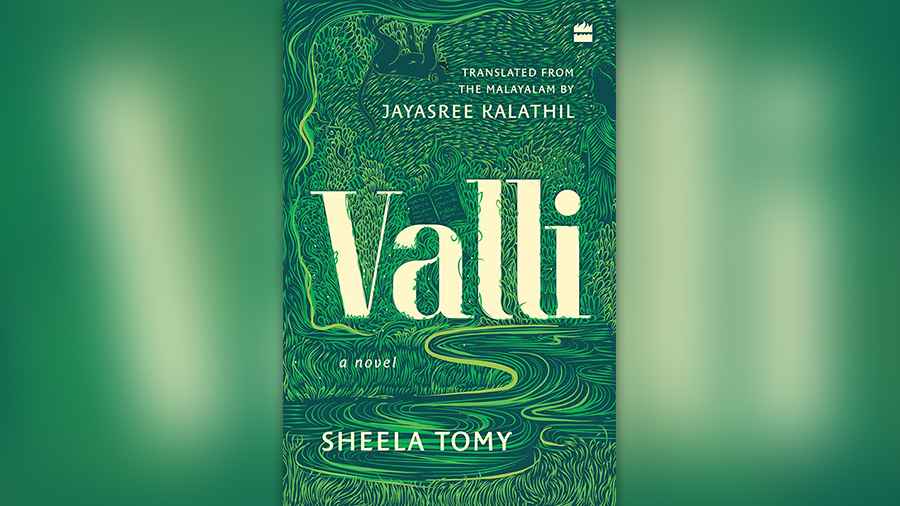
JCB
Published by Harper Perennial and translated from Malayalam by Jayasree Kalathil, Valli tells the stories of the forest of Wayanad and its indigenous Adivasi population. The book is an inspection of the socio-economic and political influences that affect a community and how these external forces are perceived by the people of the community.
Tomb of Sand by Geetanjali Shree

JCB
Tomb of Sand became the first book in any Indian language to win the International Booker Prize. The book, translated from Hindi by Daisy Rockwell and published by Penguin Random House India, tells the life story of the female protagonist who bears witness to the Partition and a fast-changing world thereafter.
Song of the Soil by Chuden Kabimo
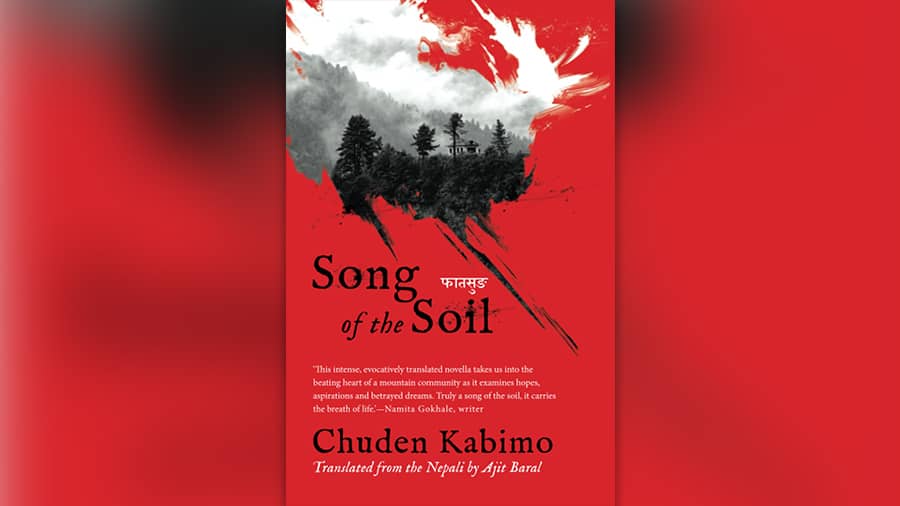
JCB
Translated from Nepali by Ajit Baral and published by Rachna Books, Song of the Soil gives voice to the many facets of revolution and violence in the attempt to fight for Gorkhaland. The book asks a pertinent question — in a revolution, who wins and who loses?
After unveiling the shortlist, special guests Paramita Saha, performer, dancer and arts manager; Jayant Kripalani, television, film and stage actor, director and trainer; and Sandip Roy journalist and columnist; read out passages from the shortlisted books during the event.
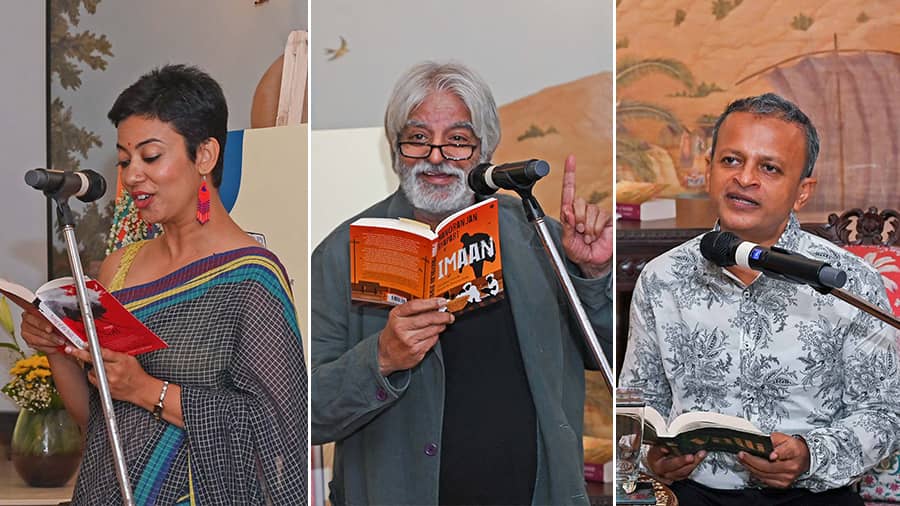
Passages from the shortlisted books being read out at the event
The novels have been shortlisted by a jury consisting of Amitabha Bagchi, author and professor; J Devika, historian, feminist, social critic and academic; Janice Pariat, author; Rakhee Balaram, assistant professor, Global Art and Art History, University of Albany, State University of New York.
The jury was chaired by A.S. Panneerselvan, journalist, editor, columnist. ‘’We have decided to look at everything that is happening in literature and not just what is coming out in Indian writing in English. It was not only the literary merit which counted but it’s also the novelty of voice that was given weightage,” Panneerselvan said.
Each of the shortlisted authors and translators will be given cash prizes. The winning author, to be declared in November 2022, will receive Rs 25 lakh while the translator will receive Rs 10 lakh as part of the prize.
